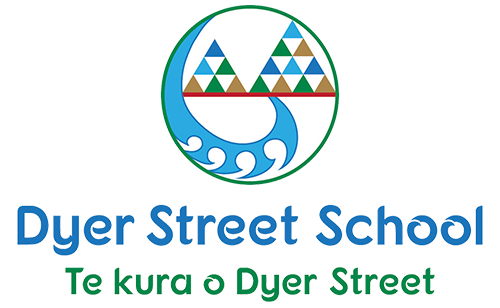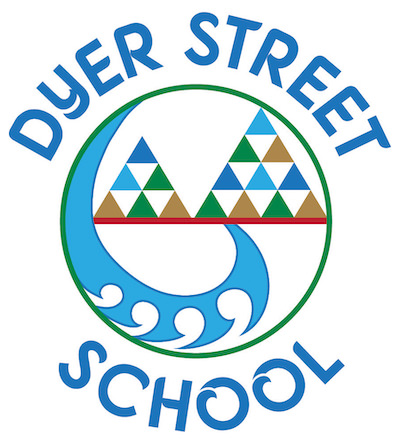Kia ora e te whānau,
We will be putting out a full newsletter next week but there are a few important notices we wanted to pass on before then.
***************************
School Eid Celebrations
It is currently Ramadan which is an important and sacred period for our Muslim families. Ramadan is a period of fasting and spiritual growth and is one of the five “pillars of Islam”. Fasting involves not eating food from dawn to sunset. This is to practice self-control and self-improvement. Eid al-Fitr is a Muslim festival which celebrates the end of Ramadan.
We love to recognise cultural events that are celebrated by our families (like Matariki, Christmas and Diwali) and will be recognising Eid with an “Eid Day” next Wednesday the 10th of April. We have chosen this date from advice from the Lower Hutt Islamic Centre. As part of this, we plan to use Henna to draw decorative patterns on the children’s hands if they would like it. Henna can last for around a week so if you would prefer your child doesn’t participate in the henna please let their classroom teacher know.
***************************
Hoods Up, Volume Down
April is Autism Acceptance Month. At Dyer Street School we have many autistic people in our student and wider school community. Autism Acceptance Month is a nationwide movement for acceptance, understanding and accessibility. Autism New Zealand is organising Hoods Up, Volume Down on Wednesday the 10th of April. They are asking businesses, workplaces, schools and organisations to participate in a national ‘quiet hour’ on Wednesday, April 10th, at 10 am. Turn down the lights, turn down the noise and turn up for the autistic community of Aotearoa.
At school we will be holding a quiet hour from 10:00 a.m. In classes we will lower lights and noise and provide quiet activities. At morning tea time the library will be open as a low sensory space. Everyone experiences sensory sensitivity at times. But for many autistic people, sensory overwhelm can be a daily experience. It can make everyday activities like attending school, going to the supermarket, working in an office or going to a movie feel impossible.
During this hour, we will show the autistic community that as a society we are ready to truly accept autism and embrace the accommodations needed to create an accessible society. If children would like to bring a hoody or “oodie” along on that day they are welcome to.
***************************
Slapped Cheek Virus
Unfortunately, we have had many cases of children coming down with Slap Cheek. Here is some information from Regional Public Health.
What is it?
Slapped cheek is a viral illness that gets its name from the ‘slap like’ rash that appears on a child’s face.
At first children may have symptoms of the common cold. This can be followed by the deep red rash on the face and a red lace-like rash on the body and limbs, which may be itchy.
Once a child has recovered from slap cheek they should have life-long immunity to the illness.
How does it spread?
Slapped cheek is spread by sneezing, coughing, kissing or close contact. Slapped cheek can spread rapidly through centres and is most common in winter and spring.
Once a child is infected with the virus, the time until the symptoms appear is usually between 4 – 20 days.
Infectious period
A child is infectious up to five or six days before the first symptoms appear. Once the rash appears the child is no longer infectious.
Exclusion period
Slapped cheek is contagious before it is diagnosed and the rash appears. Excluding children with the condition from a centre will not prevent the spread of the disease. Affected children may remain if they are well.
Responsibilities of parents
Take your child to a GP if they have anaemia or a weakened immune system.
Pregnant women in the first half of their pregnancy can pass the infection on to their baby and should see their GP.
Treatment
There is no specific treatment or vaccine for slapped cheek. A child may have a low grade fever before the rash appears.
Encourage small amounts of water, rest and use paracetamol to relieve fever. The application of an ice-cold flannel can relieve the discomfort of burning hot cheeks.
***************************
Road Patrol
We are still looking for parent volunteers to supervise the road patrollers on Thursday after school (for both Dyer and Roberts Street crossings) and Wednesday after school for Roberts Street. Road Patrol duty is from 2:50 to 3:10. Please contact Mr Kasey Ward at kaseyw@dyerstreet.school.nz if you can help.

